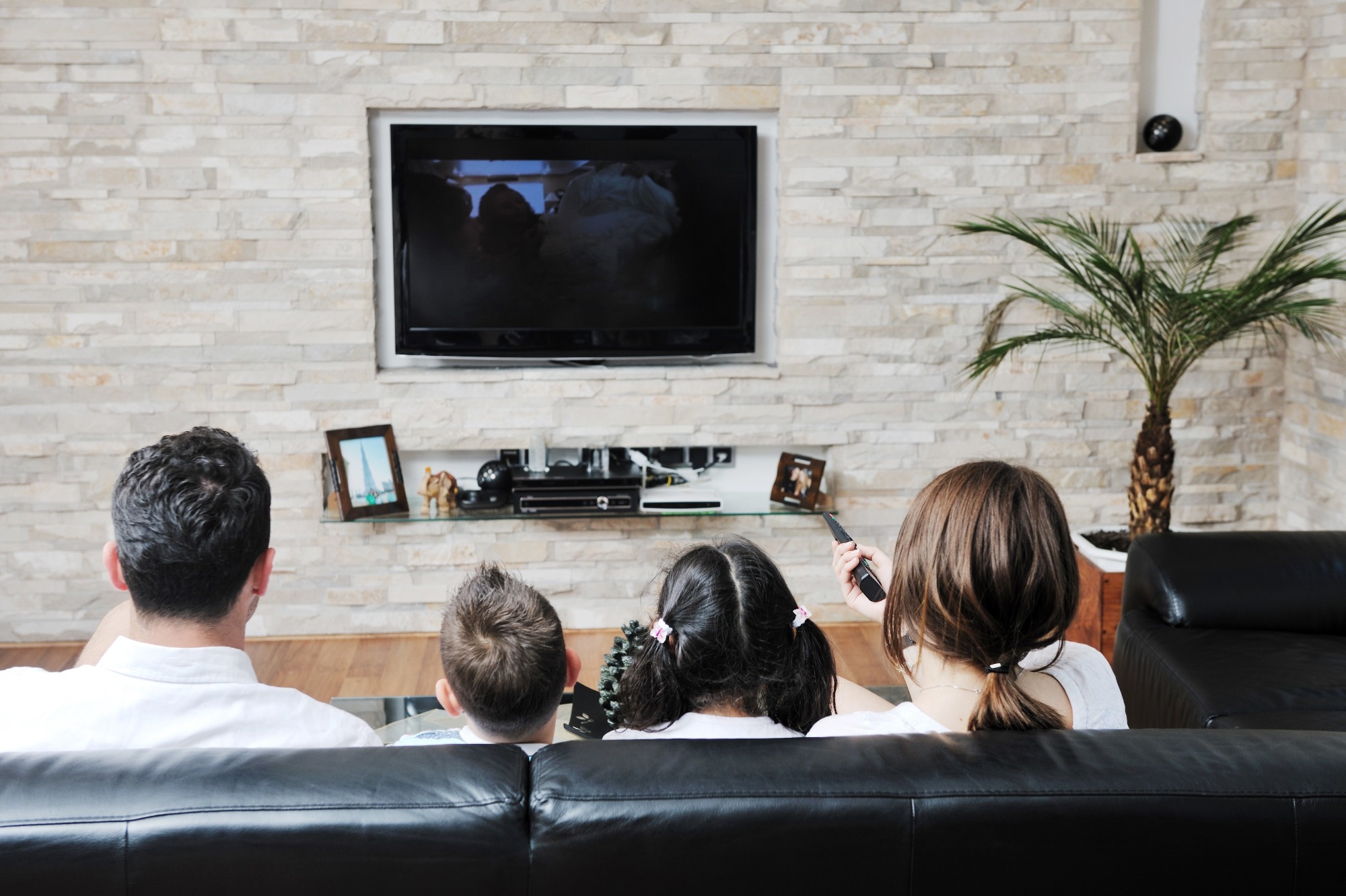In a recent research article featured in Humanities and Social Sciences Communications, scholars explored the potential link between maternal depression and children’s behavioral self-regulation, examining mediators such as family screen time and supportive parenting.
The findings suggest that maternal depression’s influence on children’s behavioral self-regulation is partially mediated by maternal supportive parenting and children’s screen time, underscoring the role of parenting strategies in early childhood development.
The study titled “Maternal depression and children’s behavioral self-regulation: the role of parenting and children’s screen time” delves into the significance of behavioral self-regulation for children’s learning and future academic success, emphasizing the impact of adult-child interactions on this critical skill.
Maternal depression, characterized by heightened levels of sadness, irritability, and low moods, is posited to result in substandard caregiving practices that can affect children’s self-regulation abilities.
Moreover, children’s exposure to family screen time emerges as a predictive factor for self-regulation, with excessive screen engagement potentially mediating the relationship between maternal depression and children’s behavioral self-regulation.
Based on Vygotsky’s sociocultural theory, the study underscores the importance of social interactions in early childhood, advocating for a balance between in-person engagement and screen time activities.
The researchers focused on the interplay between maternal depression, parenting behaviors, children’s screen time, and behavioral self-regulation within the Chinese familial context, hypothesizing a negative prediction of behavioral self-regulation among Chinese children due to maternal depression.
The study involved 653 participants, including 338 boys and 315 girls with an average age of 5.94 years, along with their mothers averaging 31.56 years. The sample was drawn from diverse socioeconomic backgrounds in China using a stratified random sampling method.
Key findings indicated significant correlations among the variables studied, supporting the subsequent structural equation modeling (SEM) analysis. The study validated a three-factor structure of behavioral self-regulation through confirmatory factor analysis.
Results demonstrated a direct positive link between maternal depression and children’s self-regulation, implying that children with depressed mothers may exhibit increased screen time and lower levels of self-regulation.
Furthermore, children’s screen time was associated with their self-regulation, indicating that higher screen exposure could lead to poorer behavioral self-regulation in children.
Significant indirect effects were observed, showing that maternal depression influences children’s self-regulation through supportive parenting. The sequential mediation model involving both supportive parenting and screen time provided the best explanation for the associations observed.
In conclusion, the study underscores the intricate pathways through which maternal depression impacts children’s behavioral self-regulation, stressing the importance of considering parenting practices and screen time in understanding these dynamics. It advocates for improved maternal mental health to promote positive interactions and a nurturing family environment, ultimately enhancing children’s behavioral self-regulation.

